12 GPTs for Build Automation Powered by AI for Free of 2026
AI GPTs (Generative Pre-trained Transformers) for Build Automation are advanced tools designed to streamline and enhance the process of software building and deployment. These AI models are tailored for automating tasks in the development lifecycle, from code generation to testing, and deployment. Leveraging the power of GPTs, these tools can understand complex instructions, generate code, automate repetitive tasks, and optimize workflows, thus significantly reducing manual effort and increasing efficiency. Their application in Build Automation represents a pivotal shift towards more intelligent, efficient, and error-resistant development processes.
Top 10 GPTs for Build Automation are: Spring GPT,DroidGPT,代码巨师,CMake Master,CMake Assistant,Software Guru,🖥️ Visual Studio Project Generator,Bazel Buddy,Make2CMake Converter,Help Java
Spring GPT
AI-driven support for Spring & Bazel.
DroidGPT
Elevate Android Development with AI
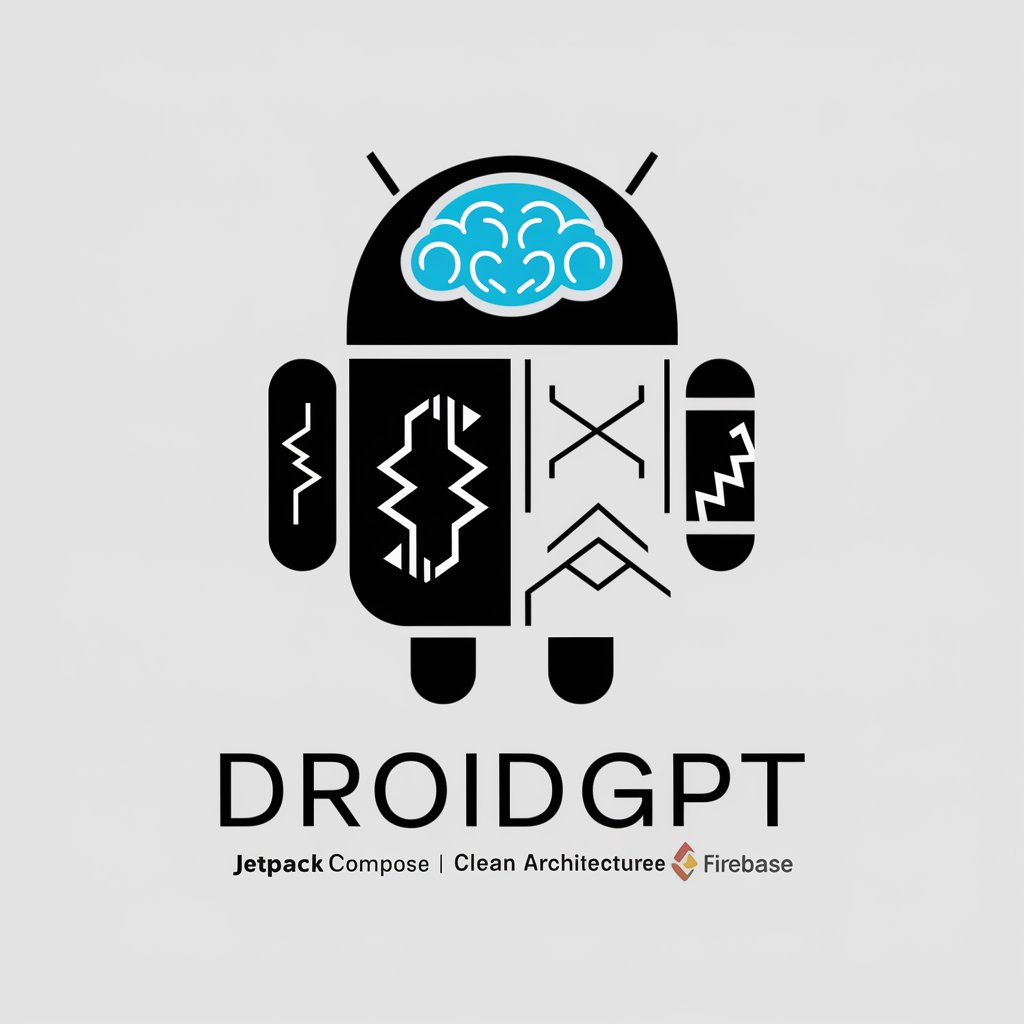
代码巨师
Empowering software solutions with AI
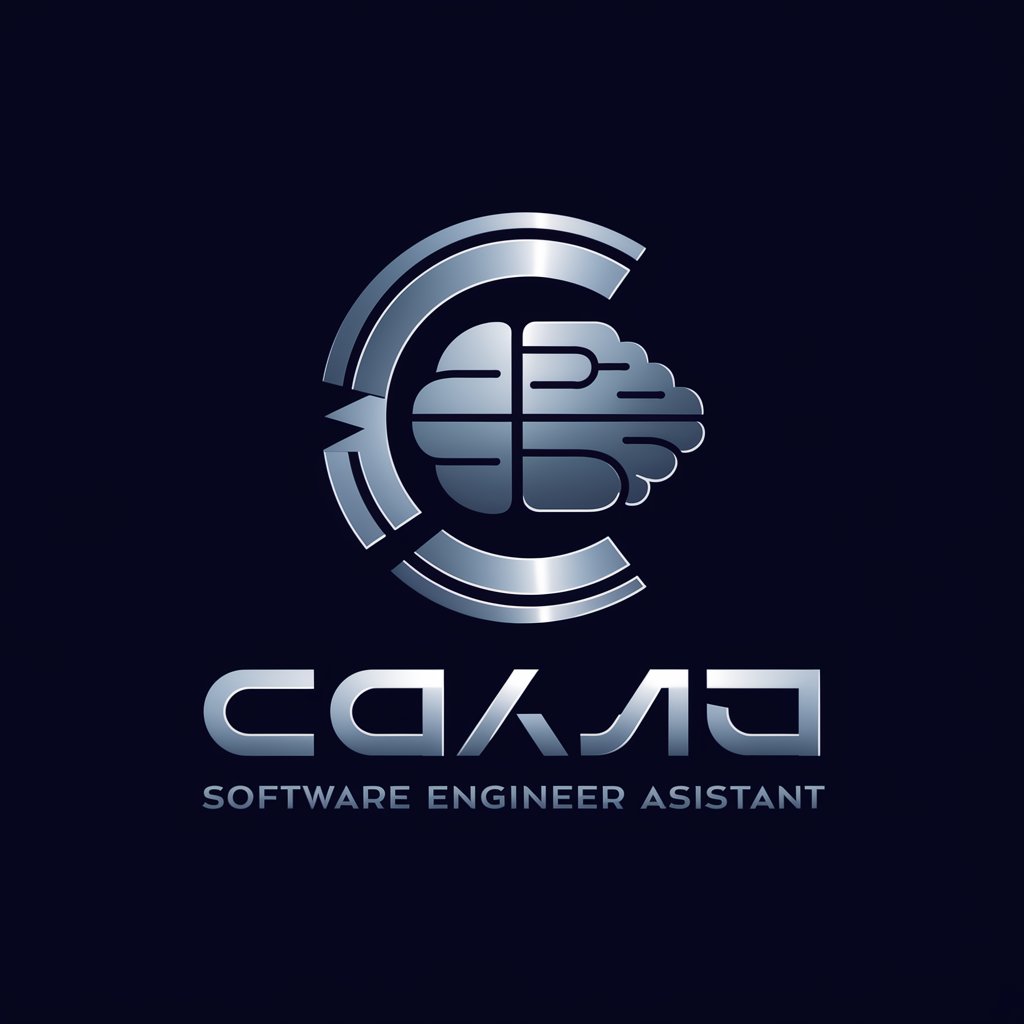
CMake Master
Streamline Your Build Systems with AI
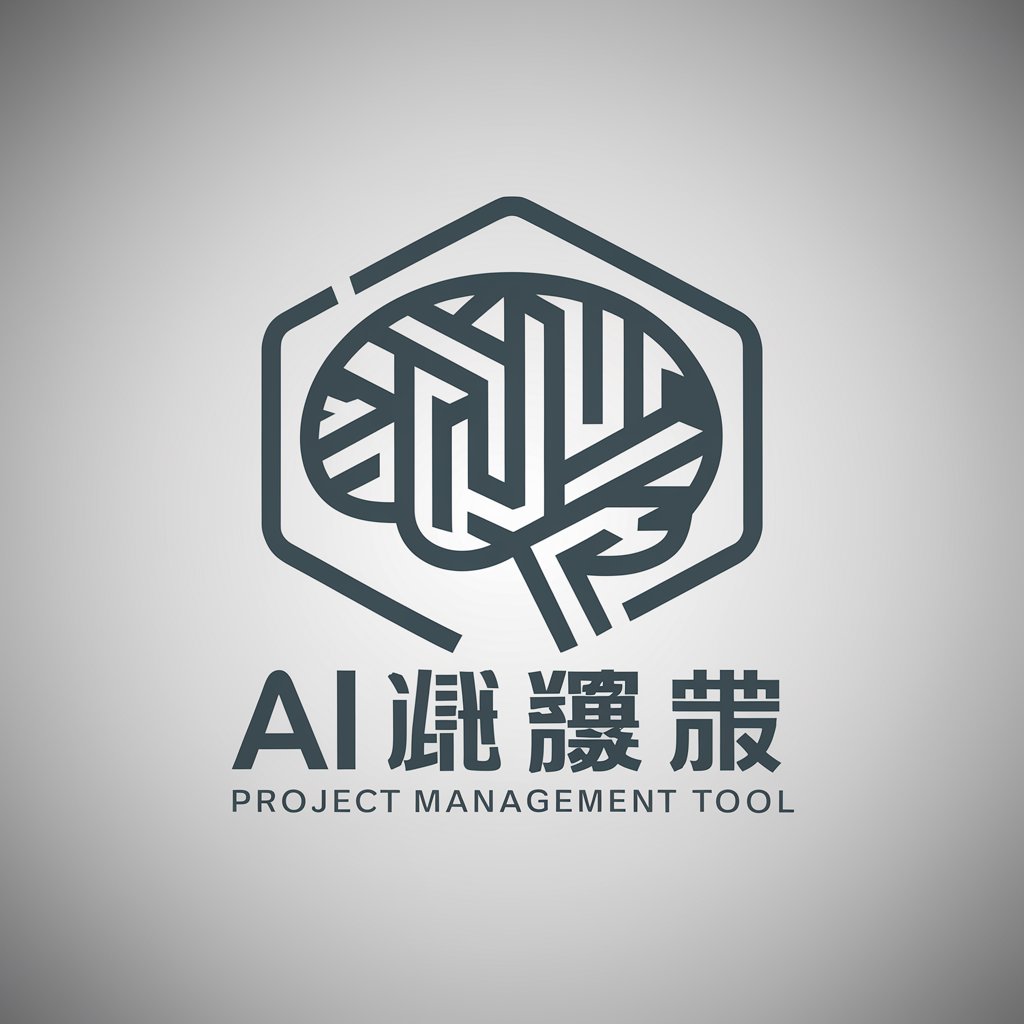
CMake Assistant
Streamline Your Build Process with AI
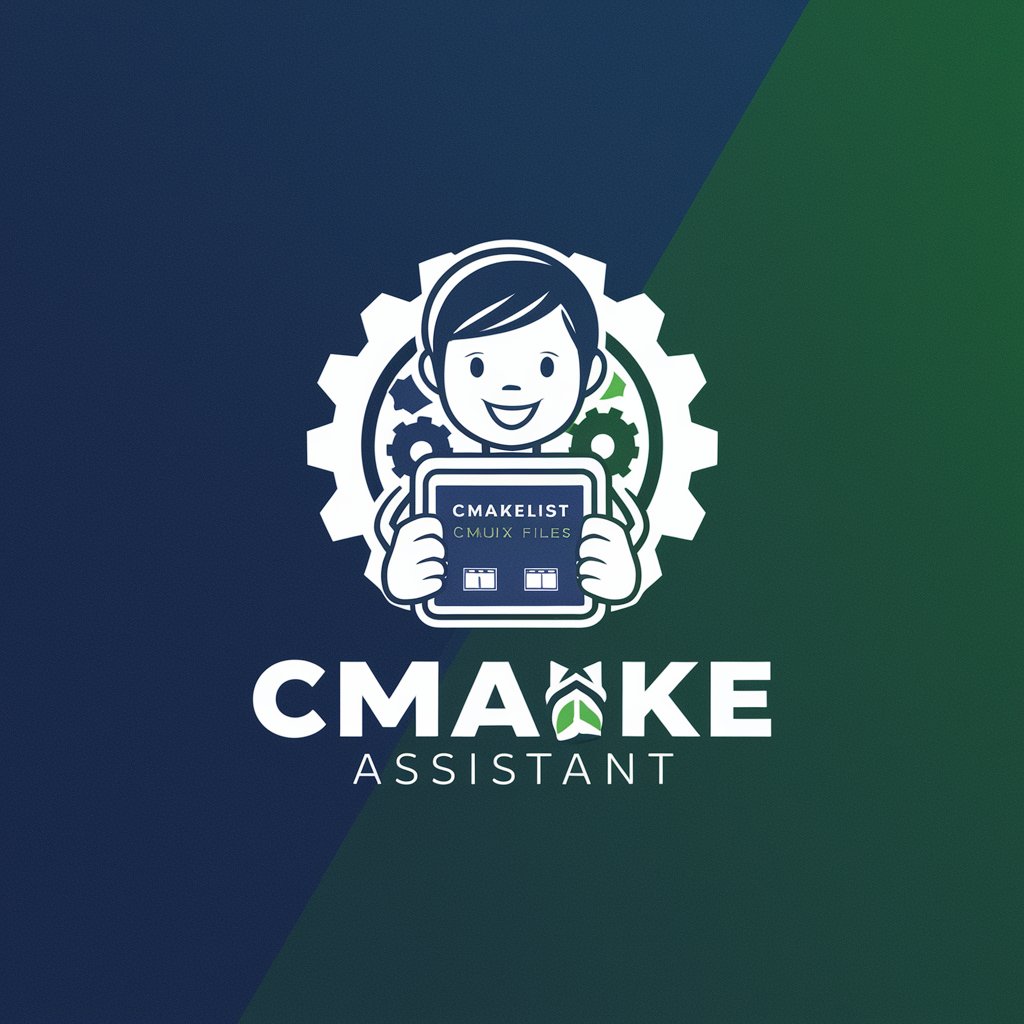
Software Guru
Streamline development with AI-powered integrations

🖥️ Visual Studio Project Generator
Automate Visual Studio projects with AI
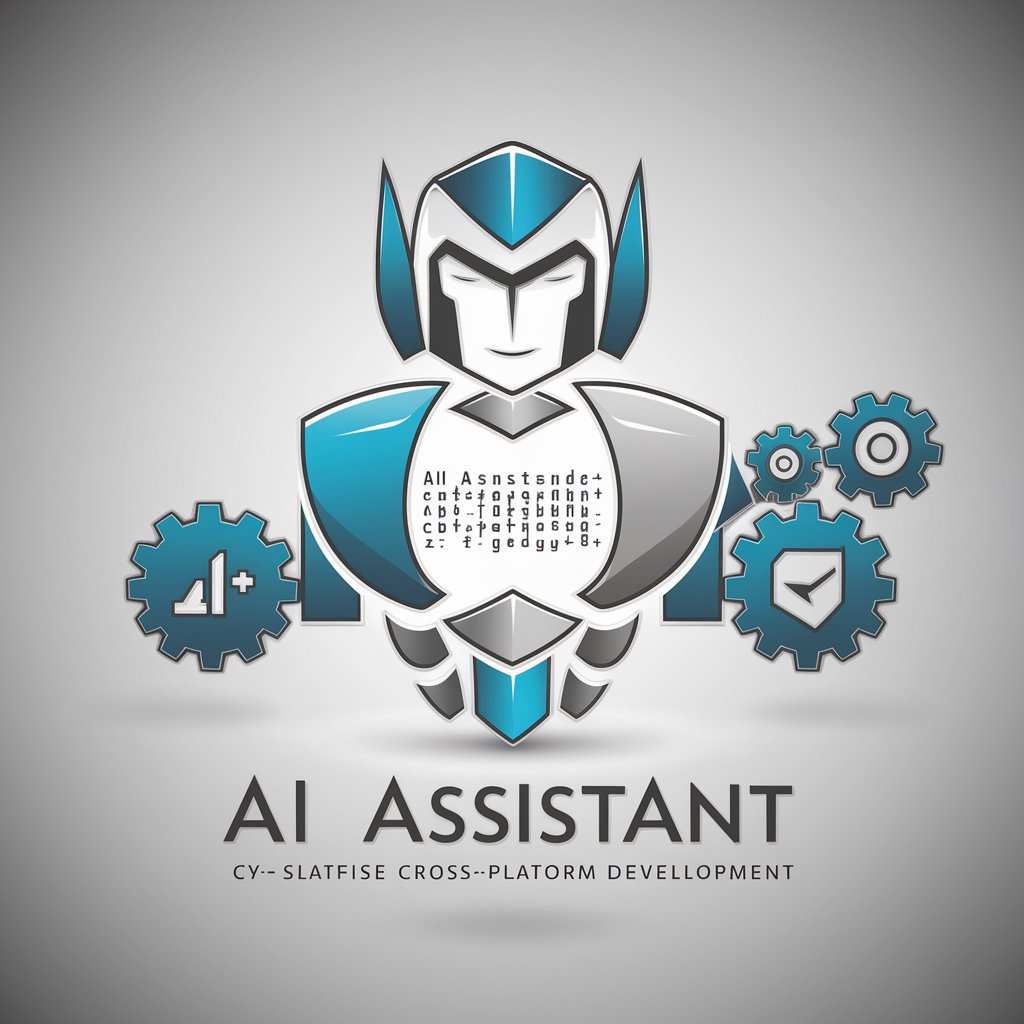
Bazel Buddy
Harnessing AI to Streamline Builds
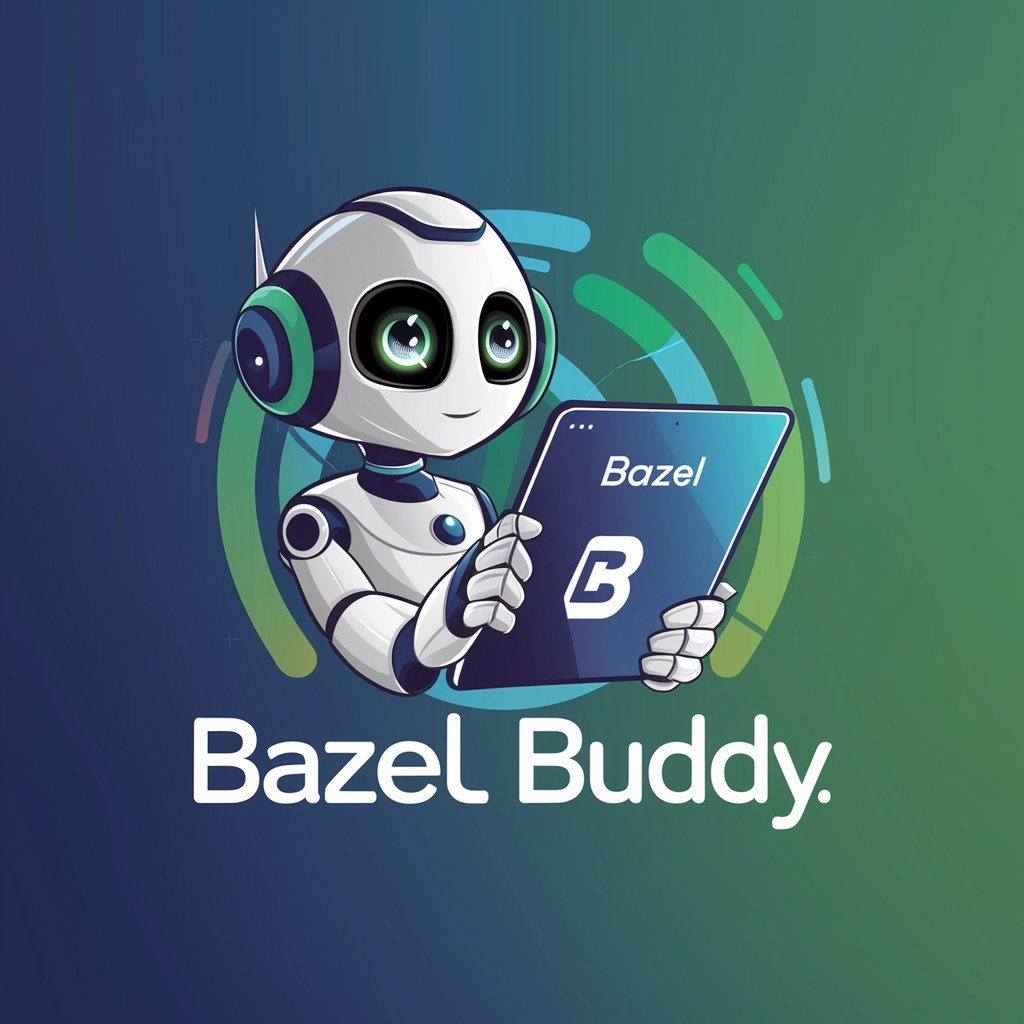
Make2CMake Converter
Transform Makefiles with AI-Powered Precision

Help Java
AI-driven Java Assistance
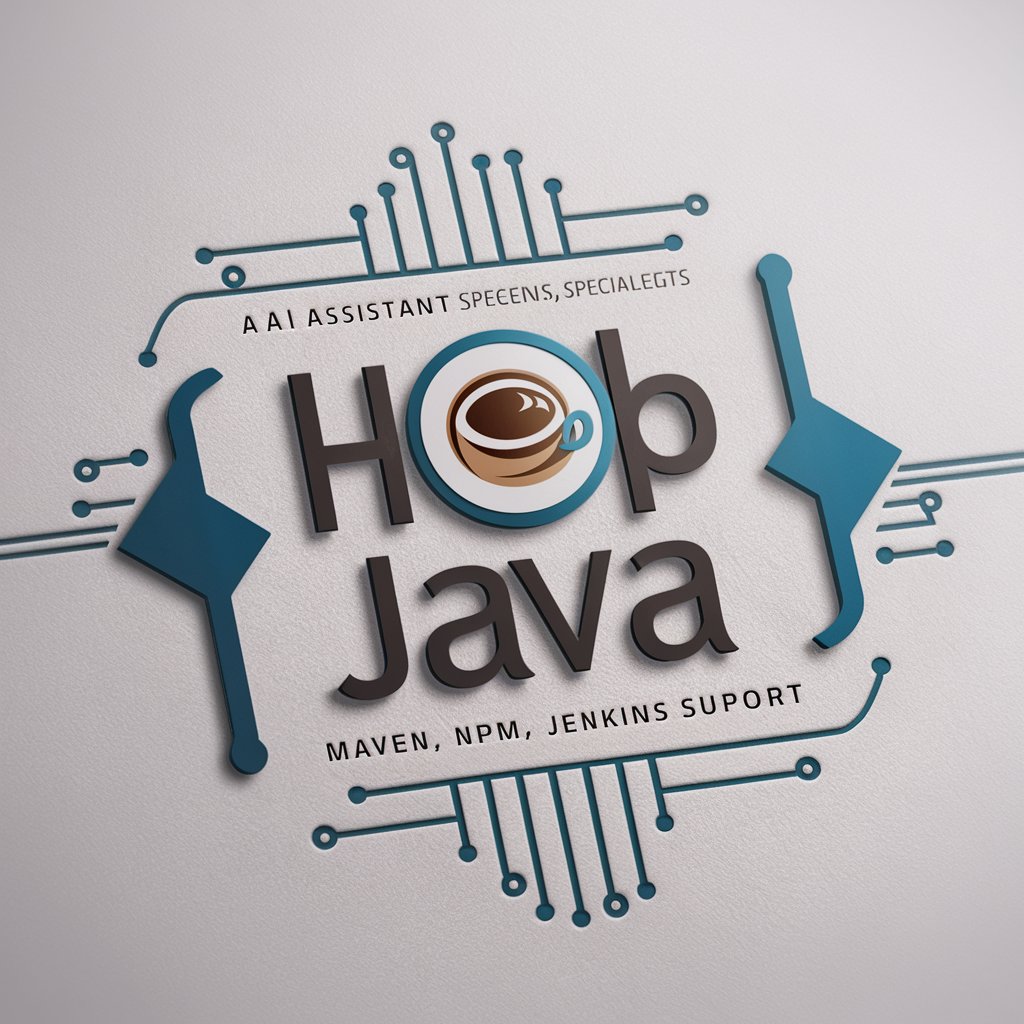
Spring Boot Maid
Tailoring Spring Boot Solutions with AI

Assistant Make
Streamline Builds with AI-Powered Make Help
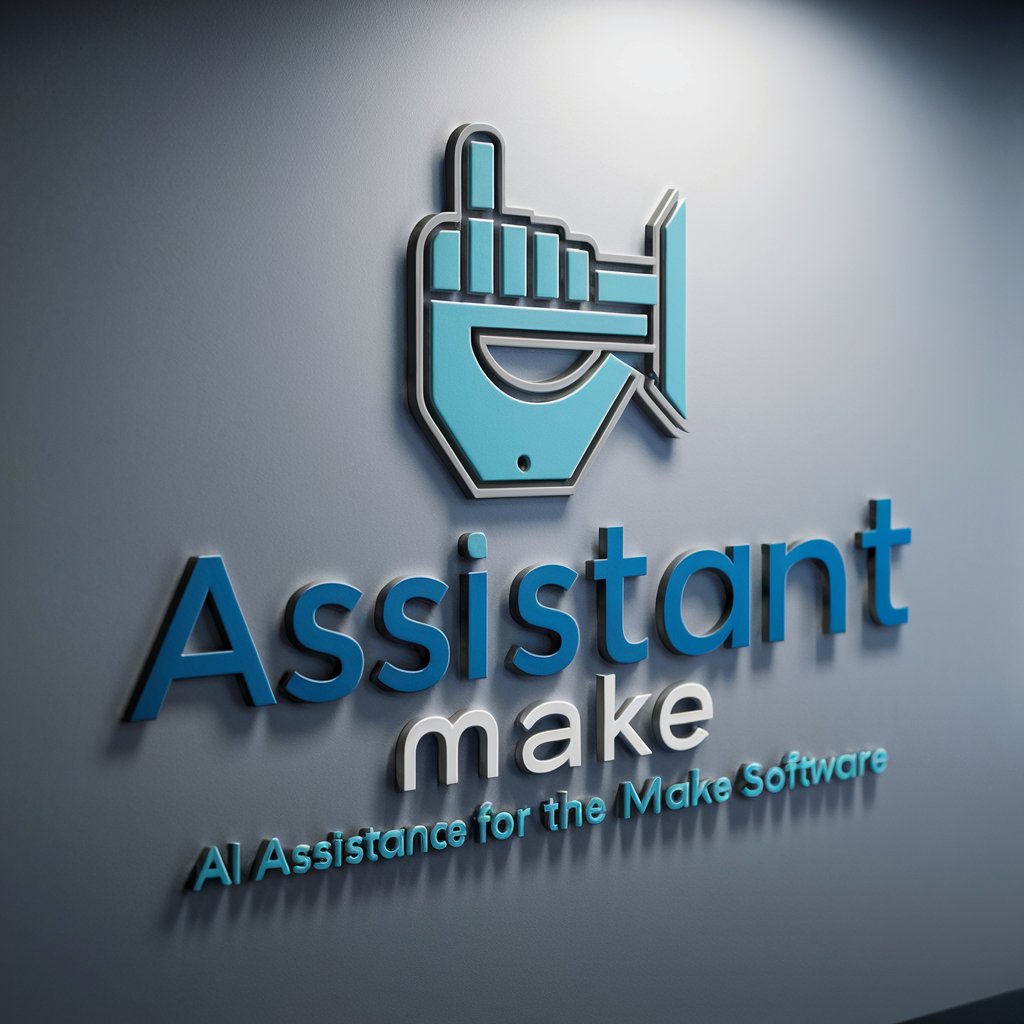
Essential Characteristics of AI GPTs in Build Automation
AI GPTs tools for Build Automation are distinguished by their adaptability, supporting a range of functions from basic script generation to complex deployment automation. Key features include natural language understanding for interpreting tasks, code generation for various programming languages, automated testing to identify bugs early, and integration capabilities with existing CI/CD pipelines. These tools also offer advanced analytics for process optimization, and some can even provide recommendations to improve build configurations and deployment strategies.
Who Benefits from AI-Powered Build Automation?
These AI GPTs tools serve a broad audience, including software developers, DevOps professionals, and tech-savvy business analysts. They cater to novices by simplifying complex build automation concepts and to experienced programmers by offering powerful customization options. Their ease of use opens up build automation to non-coders, while their advanced features allow developers to fine-tune processes to their specific needs.
Try Our other AI GPTs tools for Free
Project Configuration
Discover how AI GPTs for Project Configuration streamline project setup and management with intelligent automation, making them ideal for professionals across fields.
AI Limitations
Discover how AI GPTs for AI Limitations offer tailored solutions and customizable functions, catering to diverse needs within the AI domain. Explore their versatility, accessibility, and seamless integration options for enhanced productivity and efficiency.
Manga Production
Explore the world of AI GPTs for Manga Production, revolutionary tools designed to streamline manga creation processes. Discover how these advanced solutions can generate plots, characters, dialogues, and artwork, empowering both novices and professionals in the manga industry.
Wallet Tracking
Discover how AI GPTs for Wallet Tracking revolutionize financial management with real-time analysis, fraud detection, and personalized insights, tailored for both novices and professionals.
Security Breach
Explore AI GPT tools for Security Breach, leveraging AI to predict, analyze, and respond to cyber threats. Tailored for various users, they offer dynamic, AI-driven security solutions.
Transaction Audit
Discover how AI GPTs for Transaction Audit revolutionize financial auditing with advanced data analysis, fraud detection, and customizable features for a comprehensive audit process.
Enhanced Solutions Through AI in Build Automation
AI GPTs for Build Automation are revolutionizing the field by offering customizable solutions that cater to different sectors. Their user-friendly interfaces facilitate broader adoption, and their ability to integrate with existing systems ensures they can enhance current workflows without major disruptions. The continuous improvement in their AI models predicts a future where build automation becomes more intelligent, efficient, and indispensable in software development.
Frequently Asked Questions
What are AI GPTs for Build Automation?
AI GPTs for Build Automation are intelligent tools that automate software building and deployment tasks using advanced AI capabilities.
How do these tools simplify the build automation process?
They simplify the process by automating repetitive tasks, generating code, and optimizing workflows, thus reducing manual effort and potential errors.
Can non-coders use AI GPTs for Build Automation?
Yes, these tools are designed to be accessible to non-coders, offering user-friendly interfaces and simple instructions for automating build tasks.
Are there customization options for experienced developers?
Absolutely. Experienced developers can customize these tools to tailor build processes, integrate with existing systems, and leverage advanced features for optimization.
How do AI GPTs integrate with existing CI/CD pipelines?
These tools can seamlessly integrate with existing CI/CD pipelines through APIs and plugins, enhancing automation without disrupting current workflows.
Can AI GPTs tools generate code in any programming language?
Yes, most of these tools are designed to generate code across a variety of programming languages, adapting to the specific needs of the project.
How do these tools ensure the quality of the automated tasks?
They incorporate automated testing features to detect bugs and errors early in the build process, ensuring a higher quality of the final product.
What is the future of Build Automation with AI GPTs?
The future points towards more intelligent automation, with tools becoming increasingly adept at handling complex tasks, predicting potential issues, and providing recommendations for optimization.